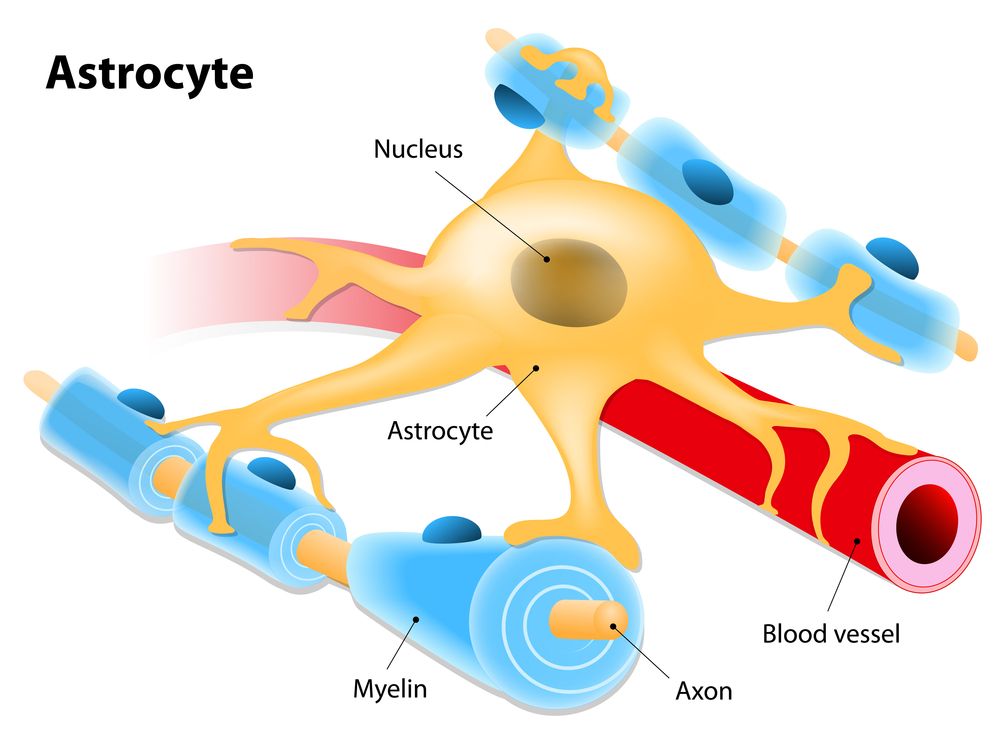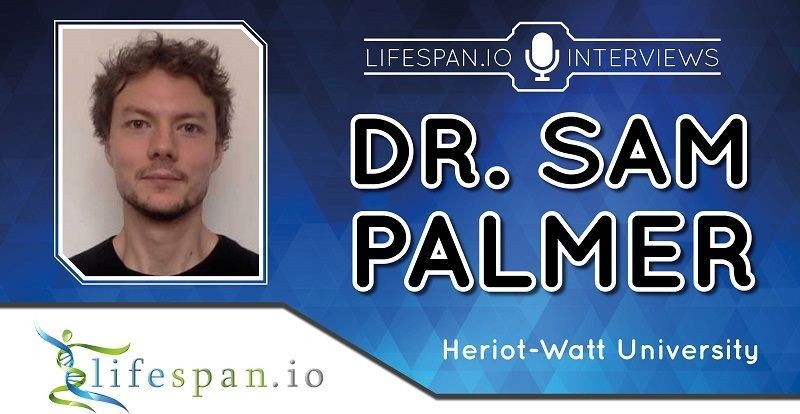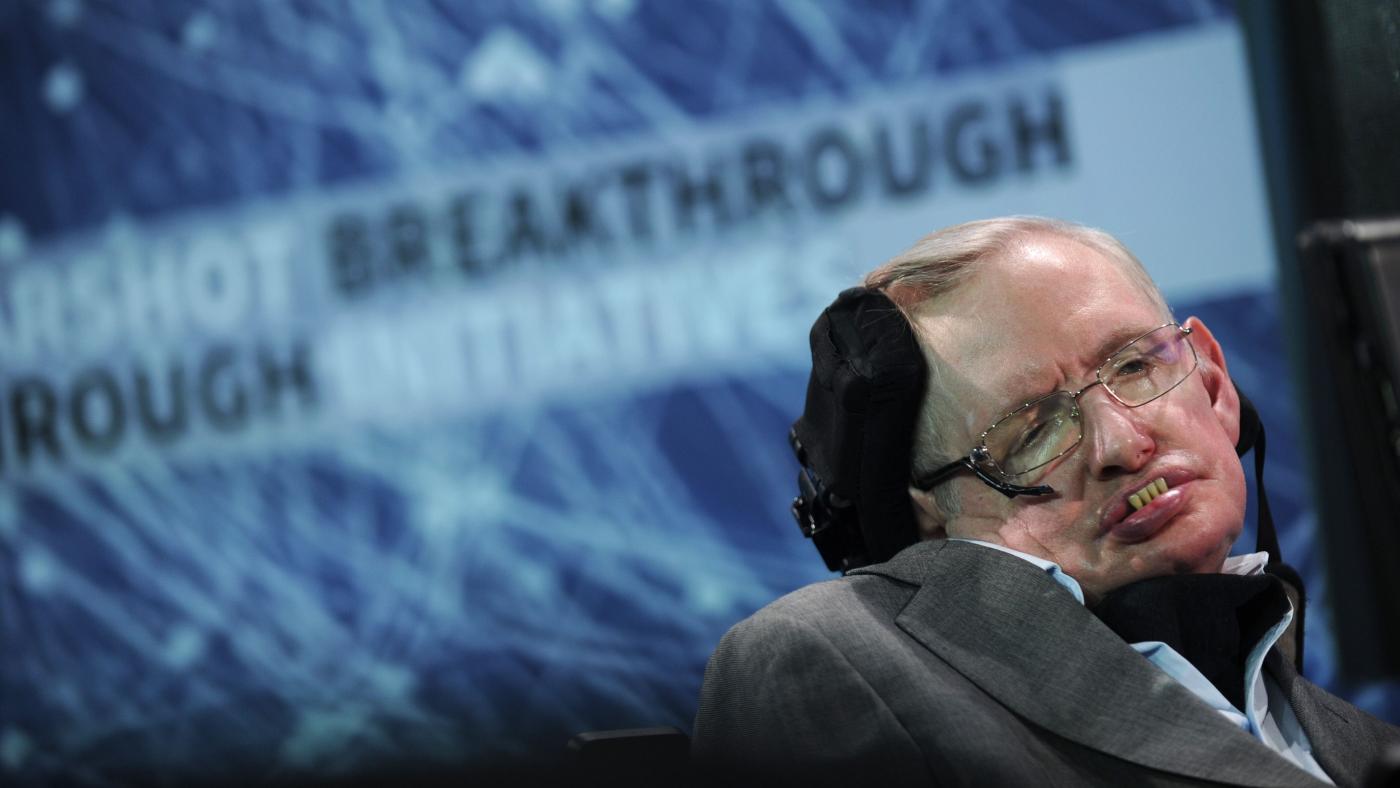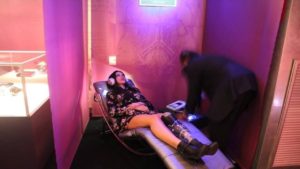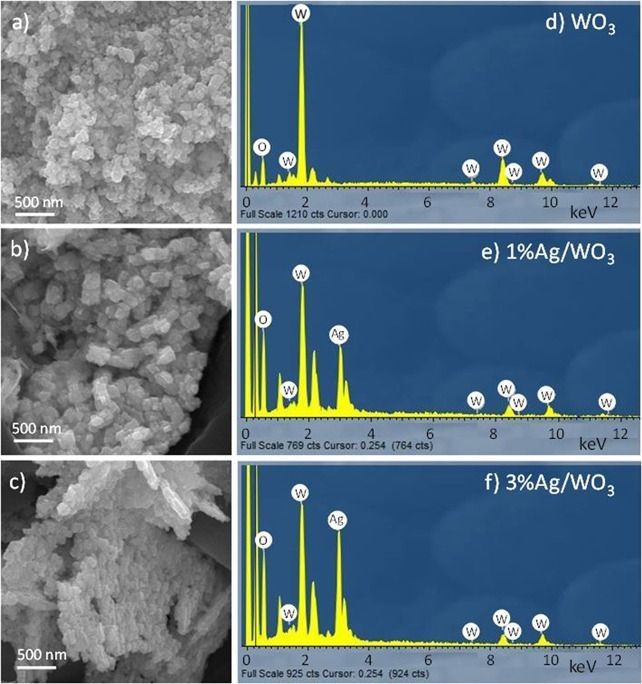The cancer is a group of diseases characterized by the uncontrolled growth and spread of abnormal cells, and in most of the cases develop into malignant masses of tissues called tumors, and it is the leading causes of mortality and a major public health challenge worldwide. In normal body, genes in the cell nucleus, containing long strings of DNA (deoxyribonucleic acid) regulate the controlled division and function of cells and any damage to DNA causes the mutation of genes, which in turn triggers the uncontrolled division of abnormal cells, leading to the damage of vital organs. Cancer cells can detach from the original mass of tumor and migrate to new locations through blood and lymphatic system and also cancer cells produce enzymes that are capable of breaking the normal cells. For cancer diagnostics, the conventional histopathological and radiological examinations are still used for evaluating the clinical and pathologic staging, needed for cancer treatments. Depends on the stage of cancer development, different treatment options like chemotherapy, radiation therapy, stem cell transplant, immunotherapy, hormone therapy, targeted drug therapy and surgery are advised. The major disadvantages of the available advanced treatment options include non localized invasion to other body parts, intolerable cytotoxicity, unsystematic distribution of antitumor agents, immune to chemical agents, low bioavailability and limited option to evaluate the tumor cell response to therapies4,5. In spite of the drawbacks of these advanced treatment options, cancer is curable if it is diagnosed at an early stage.
Phototherapy has been used for the treatment of jaundice, cancer, dermatological conditions, and ophthalmological disorders by simply using the light of certain selected wavelength. Photodynamic therapy, on the other hand is a method of photosensitizing the action of drugs to kill cancer cells, but the major drawback of this treatment is that most of the drugs used for photodynamic therapy remain activated for a long time, leading to overdose to damage non cancer cells. In the photo-catalytic process, no drug is used, instead the nontoxic semiconductor photo-catalyst like WO3 generates electron hole pairs, when it is exposed to the light of appropriate wavelength and these photo-generated charge carriers mediate oxidation and reduction reactions in the cancer cell to eliminate them.
